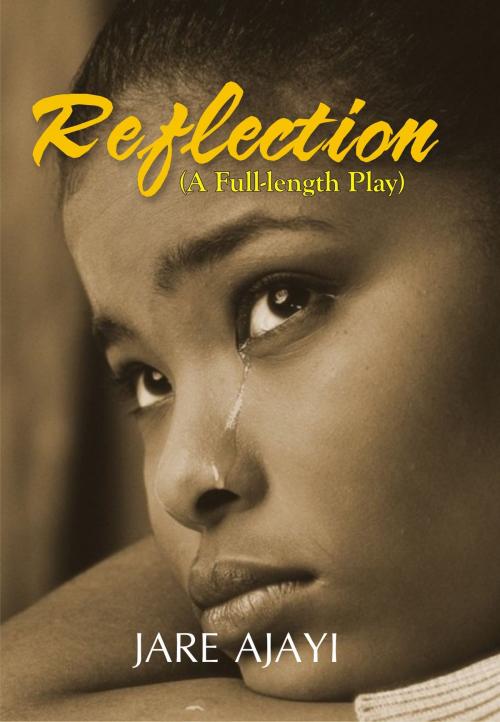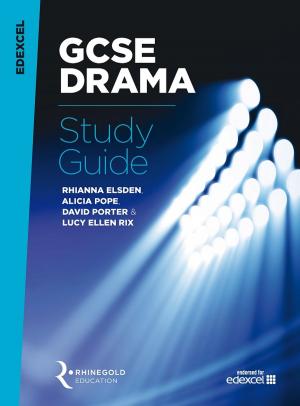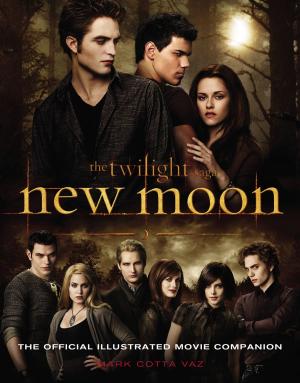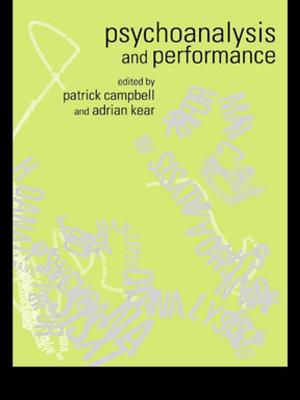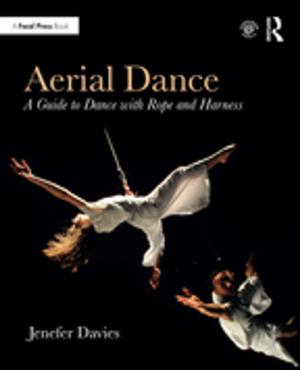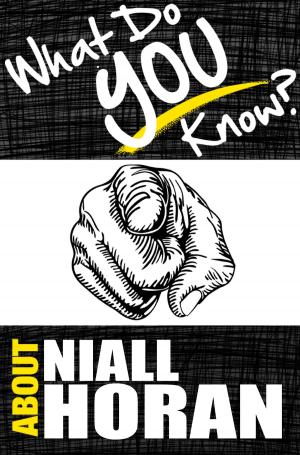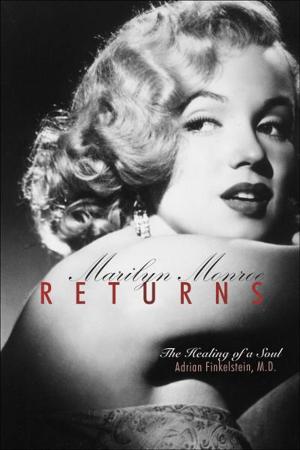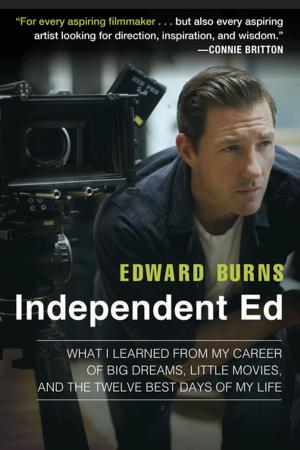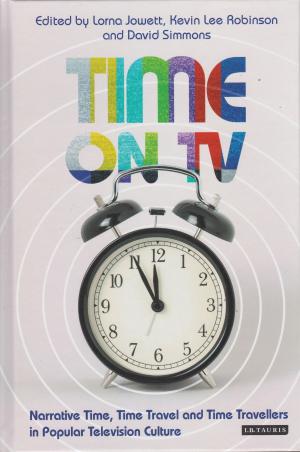| Author: | Jare Ajayi | ISBN: | 9781311306968 |
| Publisher: | Jare Ajayi | Publication: | March 15, 2016 |
| Imprint: | Smashwords Edition | Language: | English |
| Author: | Jare Ajayi |
| ISBN: | 9781311306968 |
| Publisher: | Jare Ajayi |
| Publication: | March 15, 2016 |
| Imprint: | Smashwords Edition |
| Language: | English |
There is no gainsaying that evil is very much on the prowl on earth today. It is as though human beings have just ‘discovered’ an extra-ordinary aphrodisiac or opium from doing and inducing evil. Examples abound in various parts of the world to suggest that mankind appear to be more fiendish now than they had ever been. The scale of bestiality going on among human beings today has arguably made that of the so-called Stone Age a rehearsal. Technology and heightened materialism on the part of homo sapiens now make every act to have greater impact than it used to be in pre-technology days.
Consider, for instance, the quantum of havoc that a typical instrument of war can wreak nowadays compared to what the most sophisticated weapon of the Middle Age could do then.
The way human beings are going, it is very likely they will, by their conduct, bring the roof down on their own heads soon.
A shock therapy method is used in this play to call the attention of everyone to the danger and evil of being bad. It is meant to call us back from the path of self-destruction that we seem to have embarked upon.
Some people – e.g. terrorists and kidnappers – assume that ‘death is the ultimate end’ thus continue in their evil ways. Yes, death may mean a cessation of the life (and mortal body) of the individual, this does not mean an end to the effects of the individual’s conduct while alive.
Every act attracts its own reward. And the reward will be in line with the conduct itself – positive or negative. As such, everyone needs to be very mindful of what he or she does. This is the motivation for - and thematic thrust - of this play, Reflection.
It is written in the hope that perhaps if human beings realize that there is no escaping the consequences of their actions, they may be more circumspect in their conduct. They will make this world more worth living than is currently the case.
Jare Ajayi
Ibadan, Nigeria.
Reflection is a drama-piece that raises questions about existence. The plotting is predicated on the sanctity which some societies like Africans and Asians place on marriage and procreation and the stigma which a childless adult always carries. While it uses the issue of existentialism and familyship as its setting, the play underscores the futility of hurting - not to talk of killing - others. The immediate motivation for the play is the upsurge in atrocities by religious fundamentalists such as ISIS, Boko Haramists, Al Shubab etc. This is because such an action would bounce back on the doer or perpetrator in a ferocious manner sooner than later!
The discovery by Esan that her husband, Ipin, has a child by another lady makes her and her mother to dig deeper into why and how she could get a child. The outcome of this step becomes an eye opener for trio of Pa Ogunsola, Esan’s mother and Esan herself. The heroine, Esan, is today paying the price of some actions taken when she once had power of life and death over others…
This play, Reflection, is not only a very fascinating piece of work, but a soul-piercing drama of life that partly gives insight into why certain things occur to us as individuals. It is difficult to go through this work and not be challenged. Long after it ends, the audience will continue to be haunted by the questions the play raises.
Eleven years of marriage, no child in spite of four miscarriages. Esan, typical of an average Nigerian (African) wife and her mother take a step that brings into stark reality, the fact that everything one does reflects back on the individual – and sometimes on those around him or her.
The author, Jare Ajayi is a poet, novelist, essayist and playwright. One time Assistant General Secretary, Association of Nigerian Authors (ANA), Ajayi lives in Ibadan, Oyo State, Nigeria where he practices as a journalist and social worker
There is no gainsaying that evil is very much on the prowl on earth today. It is as though human beings have just ‘discovered’ an extra-ordinary aphrodisiac or opium from doing and inducing evil. Examples abound in various parts of the world to suggest that mankind appear to be more fiendish now than they had ever been. The scale of bestiality going on among human beings today has arguably made that of the so-called Stone Age a rehearsal. Technology and heightened materialism on the part of homo sapiens now make every act to have greater impact than it used to be in pre-technology days.
Consider, for instance, the quantum of havoc that a typical instrument of war can wreak nowadays compared to what the most sophisticated weapon of the Middle Age could do then.
The way human beings are going, it is very likely they will, by their conduct, bring the roof down on their own heads soon.
A shock therapy method is used in this play to call the attention of everyone to the danger and evil of being bad. It is meant to call us back from the path of self-destruction that we seem to have embarked upon.
Some people – e.g. terrorists and kidnappers – assume that ‘death is the ultimate end’ thus continue in their evil ways. Yes, death may mean a cessation of the life (and mortal body) of the individual, this does not mean an end to the effects of the individual’s conduct while alive.
Every act attracts its own reward. And the reward will be in line with the conduct itself – positive or negative. As such, everyone needs to be very mindful of what he or she does. This is the motivation for - and thematic thrust - of this play, Reflection.
It is written in the hope that perhaps if human beings realize that there is no escaping the consequences of their actions, they may be more circumspect in their conduct. They will make this world more worth living than is currently the case.
Jare Ajayi
Ibadan, Nigeria.
Reflection is a drama-piece that raises questions about existence. The plotting is predicated on the sanctity which some societies like Africans and Asians place on marriage and procreation and the stigma which a childless adult always carries. While it uses the issue of existentialism and familyship as its setting, the play underscores the futility of hurting - not to talk of killing - others. The immediate motivation for the play is the upsurge in atrocities by religious fundamentalists such as ISIS, Boko Haramists, Al Shubab etc. This is because such an action would bounce back on the doer or perpetrator in a ferocious manner sooner than later!
The discovery by Esan that her husband, Ipin, has a child by another lady makes her and her mother to dig deeper into why and how she could get a child. The outcome of this step becomes an eye opener for trio of Pa Ogunsola, Esan’s mother and Esan herself. The heroine, Esan, is today paying the price of some actions taken when she once had power of life and death over others…
This play, Reflection, is not only a very fascinating piece of work, but a soul-piercing drama of life that partly gives insight into why certain things occur to us as individuals. It is difficult to go through this work and not be challenged. Long after it ends, the audience will continue to be haunted by the questions the play raises.
Eleven years of marriage, no child in spite of four miscarriages. Esan, typical of an average Nigerian (African) wife and her mother take a step that brings into stark reality, the fact that everything one does reflects back on the individual – and sometimes on those around him or her.
The author, Jare Ajayi is a poet, novelist, essayist and playwright. One time Assistant General Secretary, Association of Nigerian Authors (ANA), Ajayi lives in Ibadan, Oyo State, Nigeria where he practices as a journalist and social worker
